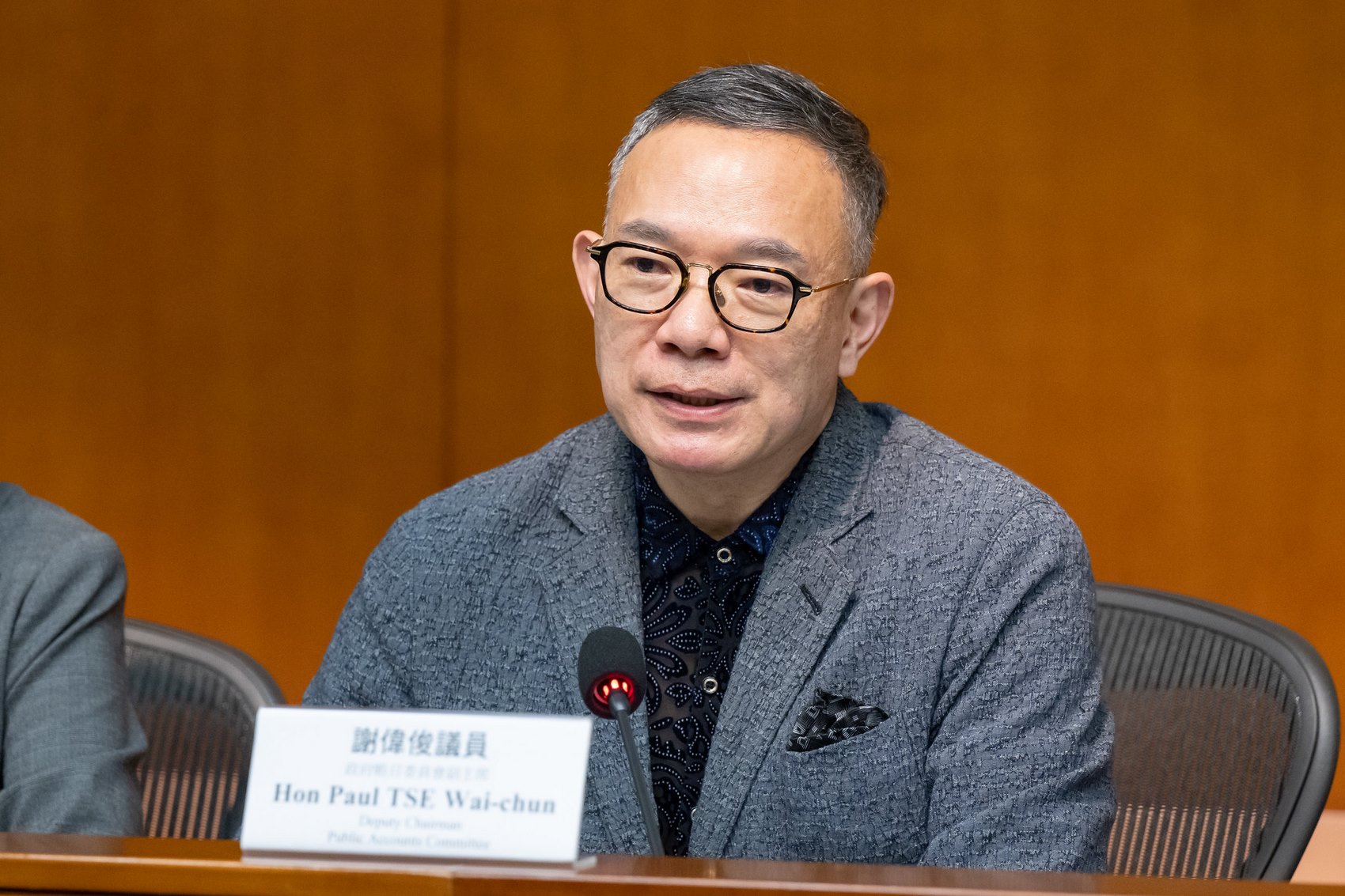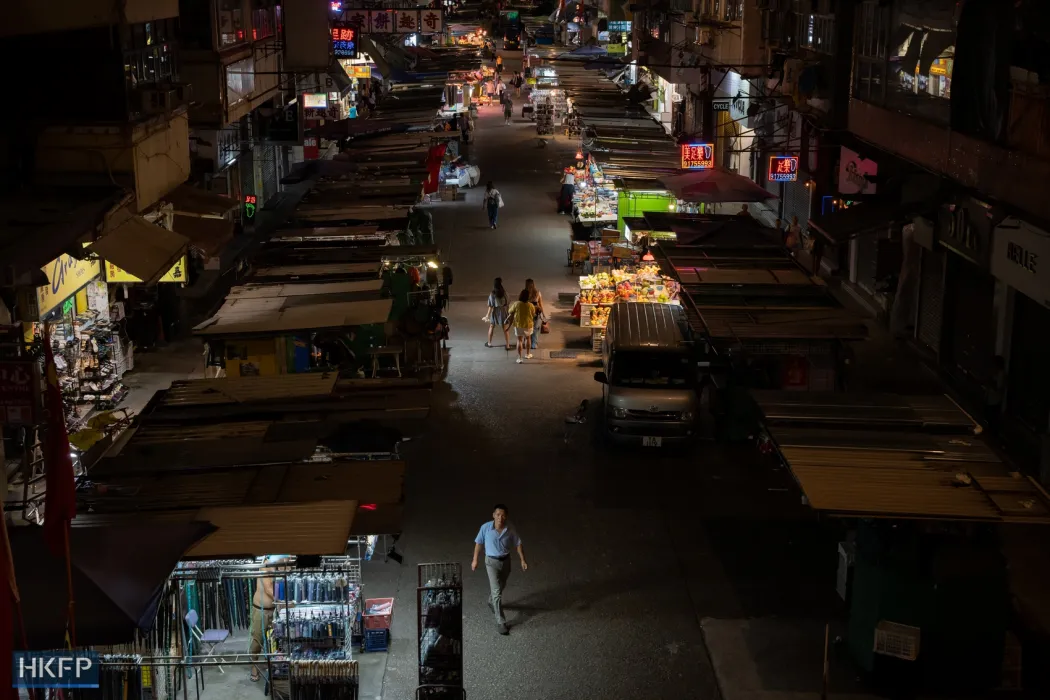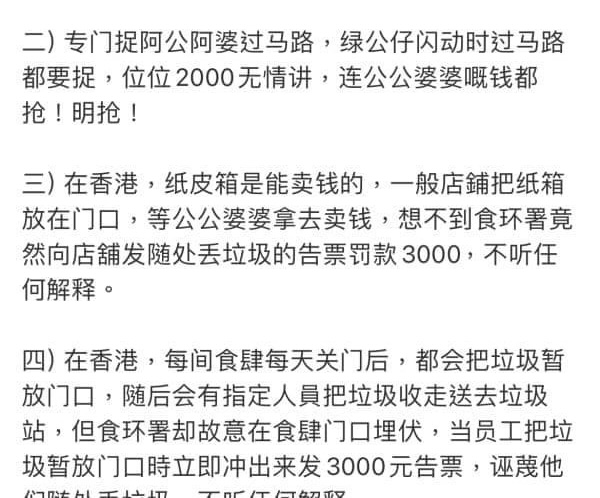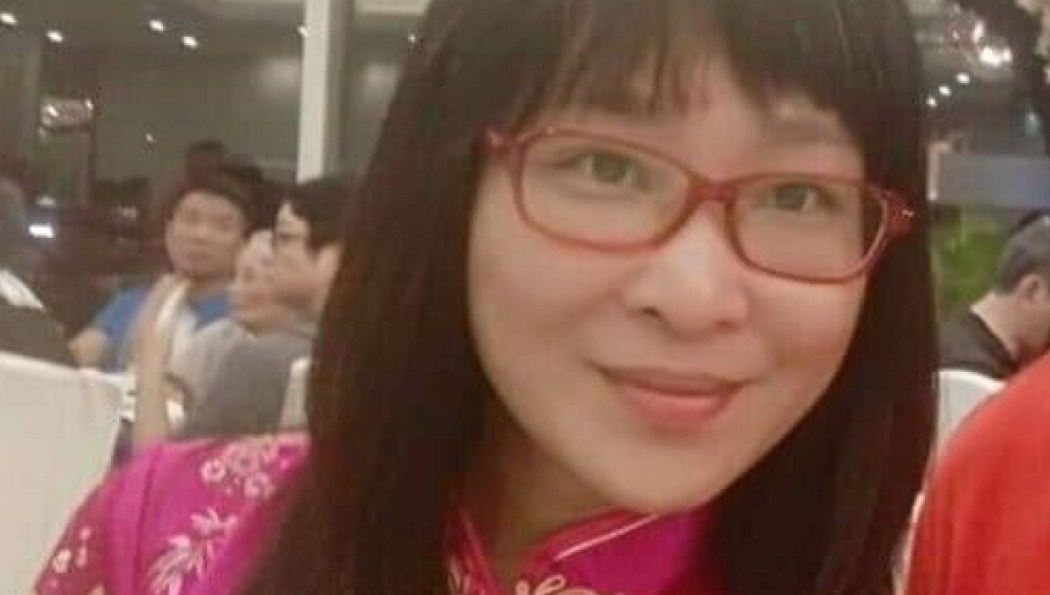Hong Kong’s leader John Lee has hit back at a pro-establishment lawmaker who criticised “high-pressure and high-profile” law enforcement actions in the city, with Lee calling the politician’s wording “dangerous.”
Lee also said the language used by the lawmaker reminded him of that used by the opposition during the 2019 protests and unrest and “soft resistance.”

Paul Tse, a solicitor who has served as a legislator since 2008, said during a question and answer session at the Legislative Council on Thursday morning that stringent enforcement measures had burdened Hongkongers, particularly as the economic outlook was gloomy.
“I am not sure whether [these enforcement efforts] are due to the treasury’s limited revenue. Law enforcement forces have issued fixed penalty parking tickets day and night, imposed heavy penalties on those who obstruct the streets, and plainclothes police lurk to catch jaywalkers,” Tse said in Cantonese. Various government departments had also employed different ways to punish bookstores and small canteens in industrial buildings.

“It has left Hongkongers feeling of stressed, burdened and despondent, and it’s hard for citizens to be engaged in and enjoy mega events,” Tse said.
The lawmaker also criticised Hong Kong for being ruled by “fajia,” or Legalism, a Chinese ideology that refers to a rich nation with a strong military, which sees laws as tools to manage the public.
“Law enforcement forces have seemingly given the public the impression that they value the online opinions of Xiaohongshu users, who are not taxpayers, more than Hong Kong citizens, who actually pay tax,” Tse said. He urged the authorities to review their policies and attach more importance to taxpayers’ opinions.
Tse’s remarks came after Lee introduced the government’s plans to hold “mega events” to boost economy in the city.
Lee rebutted the lawmakers’ comments, saying in Cantonese: “I strongly oppose any statement that causes social division and discord. The government should consider the overall and maximum interests of each level of society and cater for their needs.”
“I have a responsibility to present to the public with a positive mindset, ensuring that minor conflicts do not escalate into major ones, and we shall not to call something a conflict if it is not,” Lee continued.

The chief executive also said that wording used by Tse reminded him of the language employed by the opposition during the 2019 protests and unrest and “soft resistance,” but he did not specify which words he was referring to.
“Some of the wording used [by Tse] is very dangerous… and we should ,” Lee said, saying it should be stopped before it took root.
Accusation on Weibo
Chan Ching-sum, an activist and a leader of pro-Beijing group Caring Hong Kong Power, also wrote on Weibo on Tuesday that she wanted to accuse John Lee’s government of meting out excessive punishments on drivers and small businesses.


“Everyone knows that Hong Kong lacks enough parking spaces. However, now, regardless of whether a typhoon signal number 10 has been issued or if it is late at night, the police are aggressively ticketing vehicles. They even intentionally set up ambushes near public restroom entrances, causing great hardship for drivers who rely on their vehicles for their livelihoods, ” Chan said on Weibo in Chinese.
Chan said on Weibo on Wednesday that her post had been deleted, tagging the official account of John Lee’s.

Chan told HKFP in Cantonese by phone on Friday that her Weibo post criticising Lee had been deleted by the platform two hours following its publication.
“I am speaking up because I can no longer tolerate [it]…The central government has never said that we can’t have opposing voices in Hong Kong. Now, once someone criticises the government’s policies, John Lee brandishes the national security law to intimidate citizens,” Chan said, “Even lawmakers such as Paul Tse are rebuked. No one dares to speak up.”
“There are no pan-democratic politicians anymore. We need to say something if the government is not doing well. Loving one’s country does not mean loving it blindly,” Chan said, adding, “if ordinary people can make a living… everyone will support the government and John Lee.”
Support HKFP | Policies & Ethics | Error/typo? | Contact Us | Newsletter | Transparency & Annual Report | Apps
Help safeguard press freedom & keep HKFP free for all readers by supporting our team

HKFP has an impartial stance, transparent funding, and balanced coverage guided by an Ethics Code and Corrections Policy.
Support press freedom & help us surpass 1,000 monthly Patrons: 100% independent, governed by an ethics code & not-for-profit.











